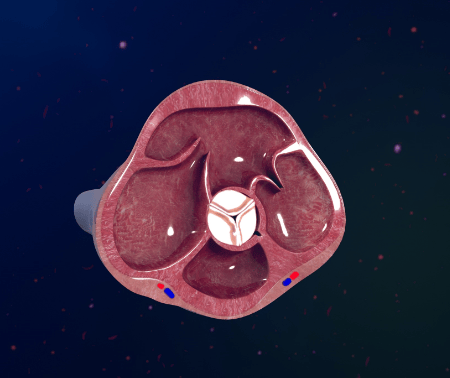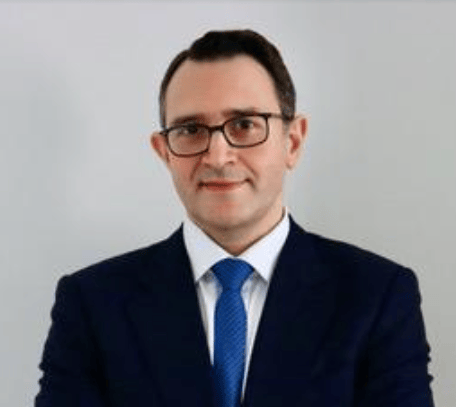

Surgery remains the Gold Standard treatment for severe degenerative mitral valve regurgitation (leak).
A diseased or damaged mitral valve might eventually need to be repaired or replaced, even if you don't have symptoms (when there is severe mitral valve regurgitation).
Surgery for mitral valve disease includes mitral valve repair and mitral valve replacement.
Mitral valve repair provides a lower operative risk, better short- and long-term outcome with better valve function when compared to replacement.
In cases where the valve is not repairable (e.g. in cases of rheumatic disease, infection, calcification) your surgeon will discuss the risks and benefits of each type of heart valve with you to determine which valve may be best for you.
The mechanical mitral valve is a large valve which can sometimes be noisy. Durability is on average over 30 years and requires lifelong anticoagulation with warfarin.
The biological mitral valve has a shorter longevity (10-12 years in average) but it does not necessarily require lifelong anticoagulation. You may, of course, need anticoagulation for other reasons.
If you need surgery for another heart condition, a surgeon might perform mitral valve repair or replacement at the same time as that other surgery.
Surgical approaches for mitral valve surgery
Sternotomy: Mitral valve surgery is usually done in the UK through a large cut (20-25 cm) through the breastbone with longer recovery (up to 3 months).
Minimally Invasive direct vision (5 to 6 cm)- Mini-Thoracotomy
Totally Endoscopic (3 to 4 cm)- Incision using 3D camera system with robotic arm


Surgical Mitral valve repair techniques (sternotomy/ minimally invasive and endoscopic)
Correcting the leaflet’s excess tissue
Leaflet preservation
Leaflet resection (triangular/ quadrangular resection)
Leaflet plication
Correction of chordal elongation/ rupture
Artificial PTFE chordae implantation (neochords)
Papillary muscle repositioning
Correction of annular dilatation
Annuloplasty ring
Complete ring (ideal ring)
Incomplete ring
Mr Bahrami has performed more than 1500 Mitral valve surgeries in his career to date out of which more than 500 have been through a minimally invasive or totally endoscopic approach (Keyhole)
He’s currently the most experienced practising mitral valve surgeon in UK with expertise in minimally invasive and endoscopic 3D valve repair with repair rate over 99% and overall risk of 1%.





